One of the most anticipated parts of the League of Legends World Championships is the group draw. A lucky draw can have a big impact on whether or not a team advances in the World Championships. For instance, North America’s Cloud9 was considered one of the stronger Western sides heading into Worlds. Unfortunately, their loss in the finals to TSM and the poor performance of their Spring Split lineup meant that they had to battle through the gauntlet for the third seed. As a result, the team had a difficult chance of advancing in spite of their high talent level. However, a fortunate group draw placed them in a tough but do-able group alongside SK Telecom T1, Flash Wolves, and I May.
But even though the group draw is an exciting part of the World Championships, it might be worth taking another look at the draw process, because of what a big impact it makes on a team’s chances of advancing. The Cloud9 example is particularly notable. In the span of two weeks, from losing the first seed to TSM to receiving a fortunate group draw, Cloud9’s Worlds fortunes shifted dramatically due to circumstances largely outside of their control. However, there have been enough examples of unbalanced group draws that it’s worth taking a closer look at the system.
The current seeding system is too imprecise
One of the biggest reasons why the group stage is so important is that the current seeding system is extremely imprecise. The first seeds from four of the five major regions are placed in the first group and the third seeded NA/EU teams are placed in the third group along with the two wildcard teams. Every other team in the tournament is placed in the second group, including the first seed from the fifth major region. Groups consist of four teams, with one coming from the first and third groups and two coming from the second group.
Right off the bat, some problems become pretty apparent. Due to the high number of teams in the second group, it’s easy to see how a lucky draw can influence a group. Without even accounting for underperformance from strong teams (such as the poor play of Chinese teams at last year’s World Championships), the imbalance of these groups can easily be predicted before the tournament even starts. Taking a look at last year’s groups, the ROX Tigers were placed in the same group as Team SoloMid and H2k-Gaming. Nobody heading into the tournament would have considered the ROX Tigers to be on the same level as those two teams heading into the tournament. The ROX Tiger’s placing in Group 2 meant that the Group 1 team that drew them would be at a severe disadvantage. A similar issue exists in Group 3. While the International Wildcard teams have improved at each tournament, they still are generally weaker than the three-seeds from the two Western regions. Once again, both Cloud9 and Origen looked much stronger than their Wildcard counterparts heading into Worlds, and the groups that drew the two Western teams were at a significant disadvantage when compared to the groups with Wildcard teams.
Fans might argue that further separating the groups is unfair, because it’s hard to adequately judge the skill level of teams heading into the World Championships. For instance, the three Chinese teams may have been seeded quite highly heading into 2015 Worlds, but the region underperformed badly. But the reality is that looking back on the World Championships, the teams that are predicted to do well usually play well! In addition, a redone seeding system would simply rewards teams for a strong regular season performance, but it wouldn’t be much help for teams that truly were overrated. After all, the third-seed Origen was still able to upset the first-seed LGD Gaming in the old system. In a new system with improved seeding, Origen would still be able to upset LGD, but the skill they showed in the Summer Split means that they wouldn’t be forced into the third seed bracket.
Current groups limit the number of games played
The other problem with the current group stage is from an entertainment standpoint rather than a fairness standpoint. Specifically, there isn’t a lot of international gameplay in competitive League of Legends, and fans would like to see more of it. But the current group stage limits half of the teams at Worlds to only playing against three opponents! It’s frustrating from a fan experience to watch my favorite team play six total games and get sent home without seeing more international play. It is also hard for casual fans to experience more of other regions. The current seeding system compounds this problem by making it so that a disproportionate amount of these games are relatively boring stomps.
For some teams, the World Championships might actually be the only international games they get to play all year! Last year’s Counter Logic Gaming lineup of “Darshan” Upadhyaha (then known as ZionSpartan), Jake “Xmithie” Puchero, Eurgene “Pobelter” Park, Yiliang “Doublelift” Peng, and Zaqueri “Aphromoo” Black narrowly missed out on the IEM World Championship against TSM and only played six international games before the lineup disbanded. The same thing happened to last year’s H2k lineup of Andrei “Odoamne” Pascu, Jean-Victor “loulex” Burgevin, Yoo “Ryu” Sang-ook, Petter “Hjarnan” Freyschuss, and Raymond “kaSing” Tsang. While it’s important to respect the difficulty of booking marquee venues for Worlds and the time constraints that come alongside the group stage, the limitation of international play is already a big viewer experience problem, and the current short group stage compounds this issue!
What are possible solutions?
To solve the issue of imprecise seeding, an expert vote (consisting of Riot analysts/casters, media, and team representatives from teams that did not qualify for Worlds) could be used to redefine seeds. This kind of event could maintain a high level of publicity for Riot heading into Worlds, while also keeping fans of non-qualified teams interested. While the problem of voters over-estimating teams remains, this process will definitely be more correct than the extremely imprecise seeding that is currently used. Another solution, if Riot is more willing to expand the amount of international tournaments, is to simply hold more minor international tournaments during the Spring and Summer splits to give voters a better idea of each team’s strengths and weaknesses. A point system, similar to those that can seen on the international circuit of various traditional sports, could also be used for seeding purposes.
On the other hand, increasing the number and diversity of group stage games would be more complicated. A common proposal is to simply cut-off the group stage and use a double elimination bracket. While this would increase the number of games played and add an additional level of excitement to the earlier games of the tournament, this would actually limit the diversity of opponents. Perhaps another idea could be to condense the four groups into two groups, with four teams advancing from each group into the bracket stage. This would both increase the number of games while also increasing the diversity of opponents.
Overall, the World Championship is what LoL fans wait the entire year for. Hopefully these suggestions could add even more excitement to one of the most exciting esports events around!
Photo credits to lolesports


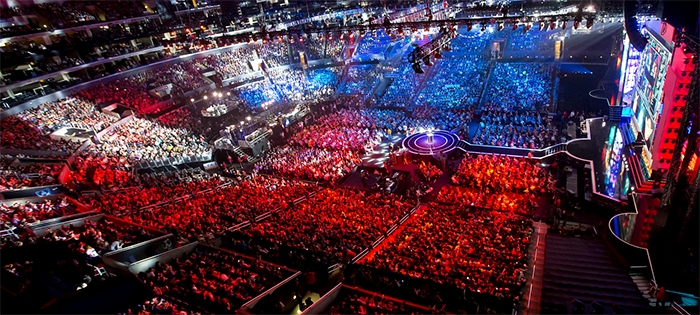
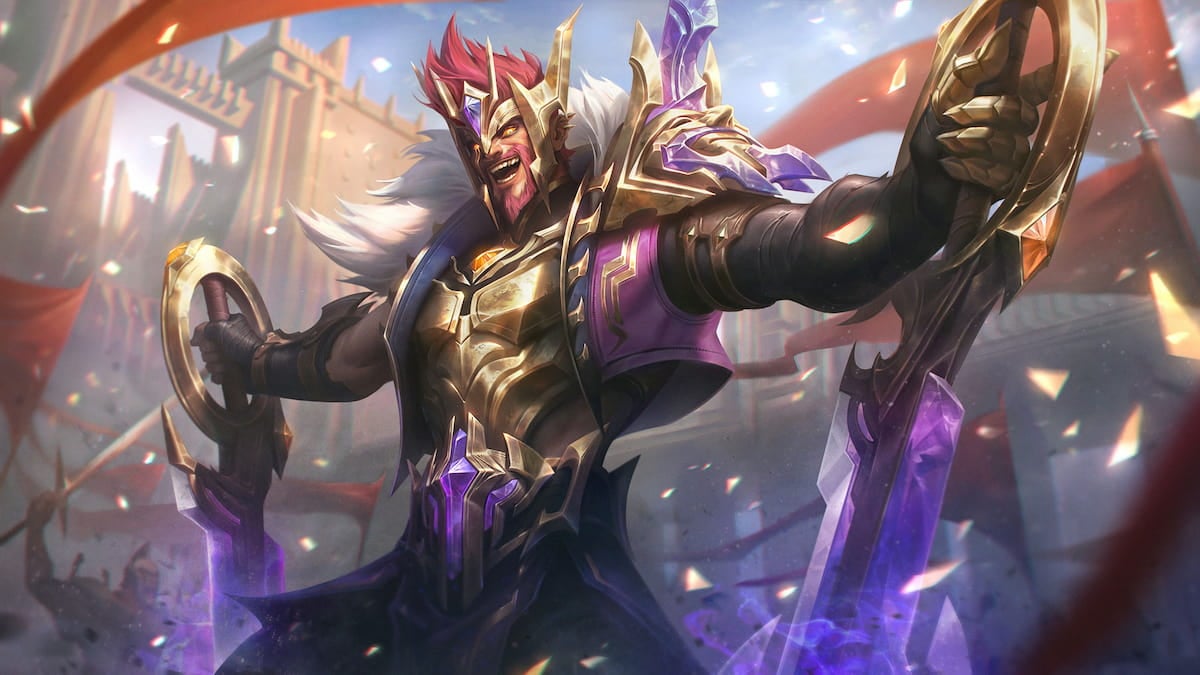
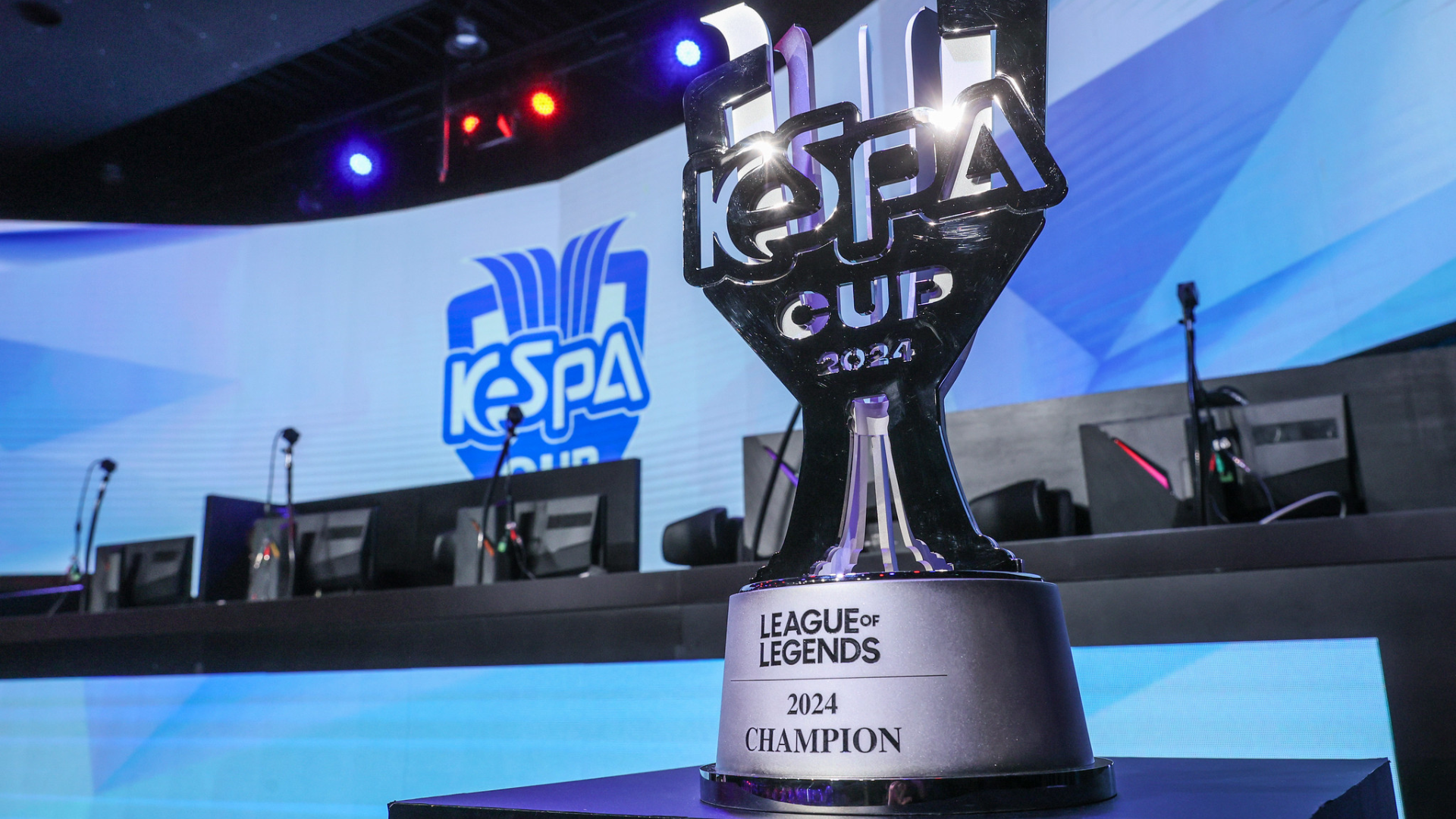
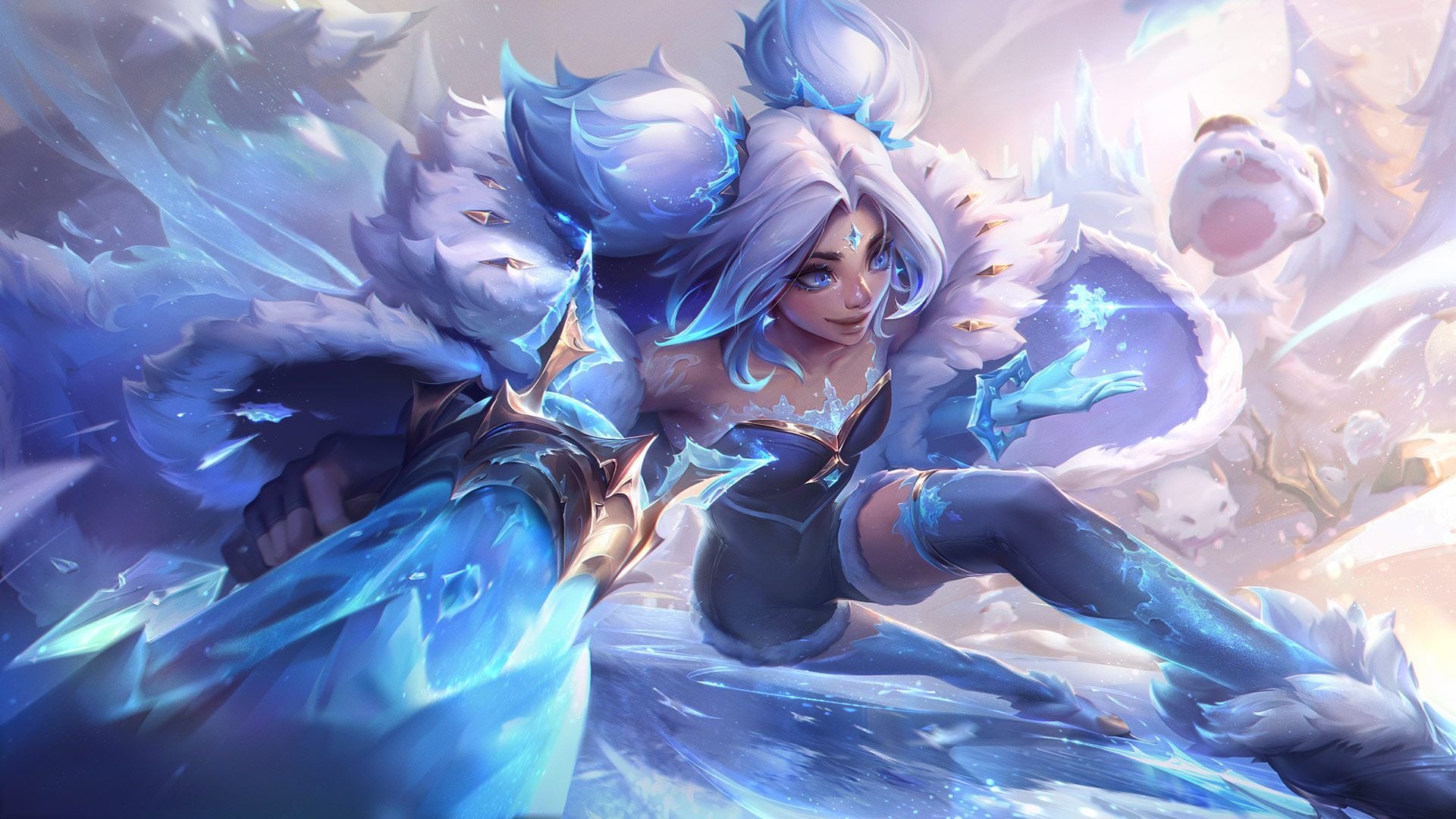

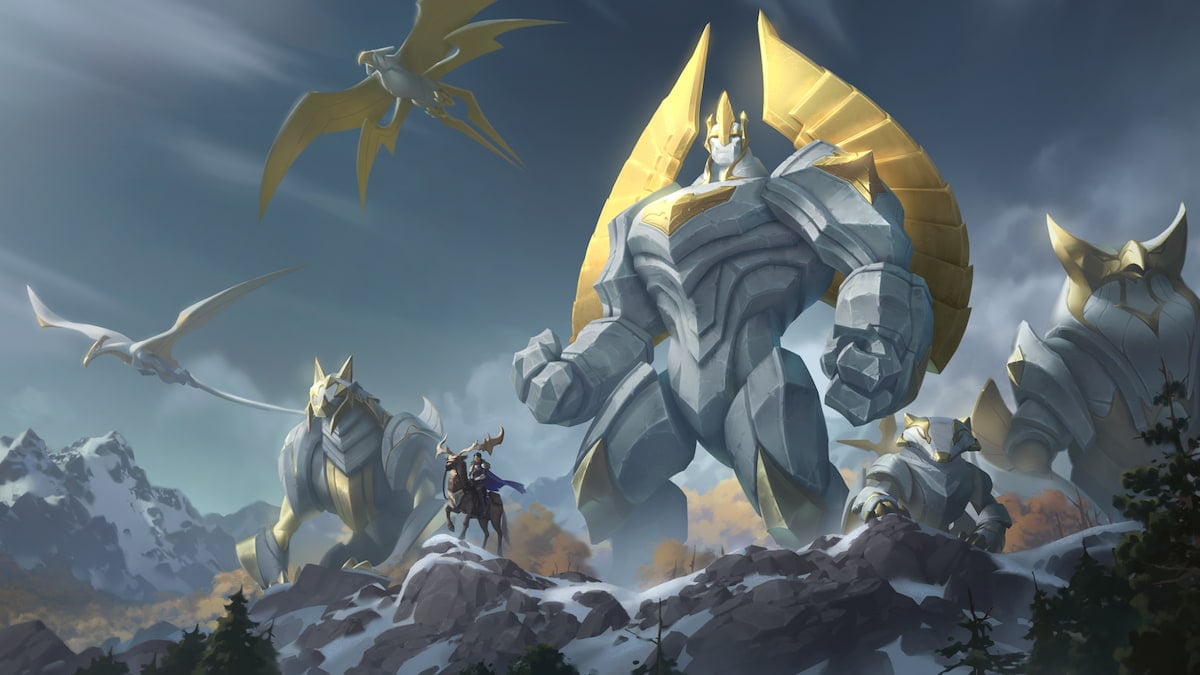
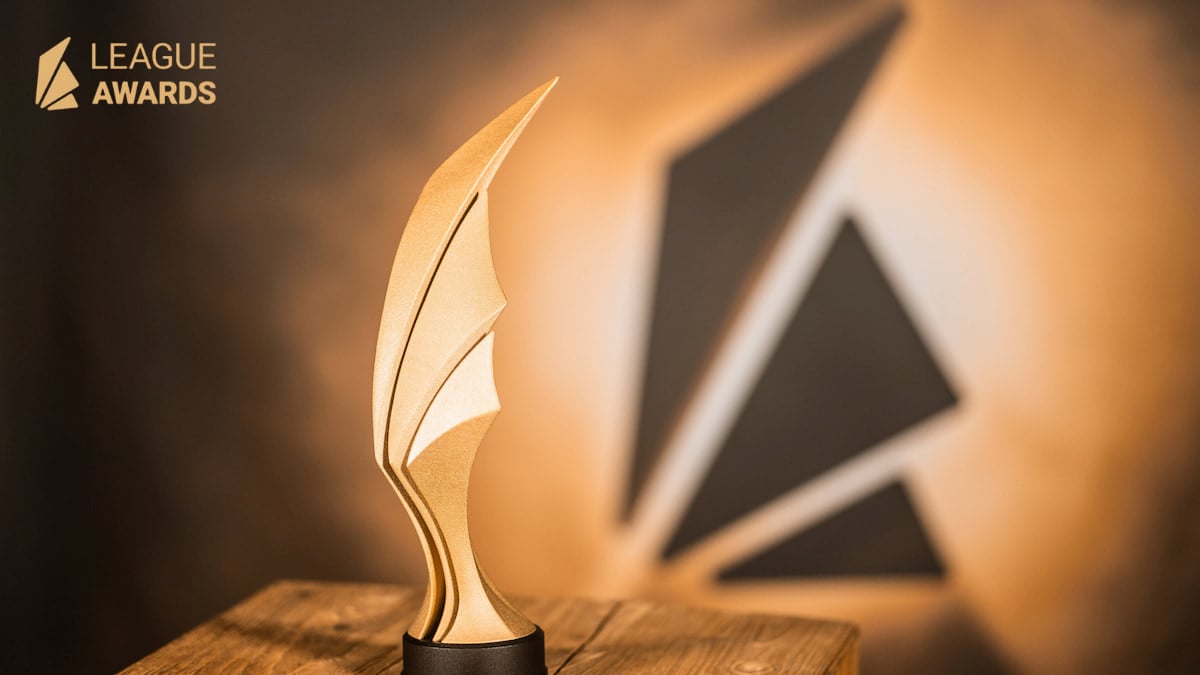


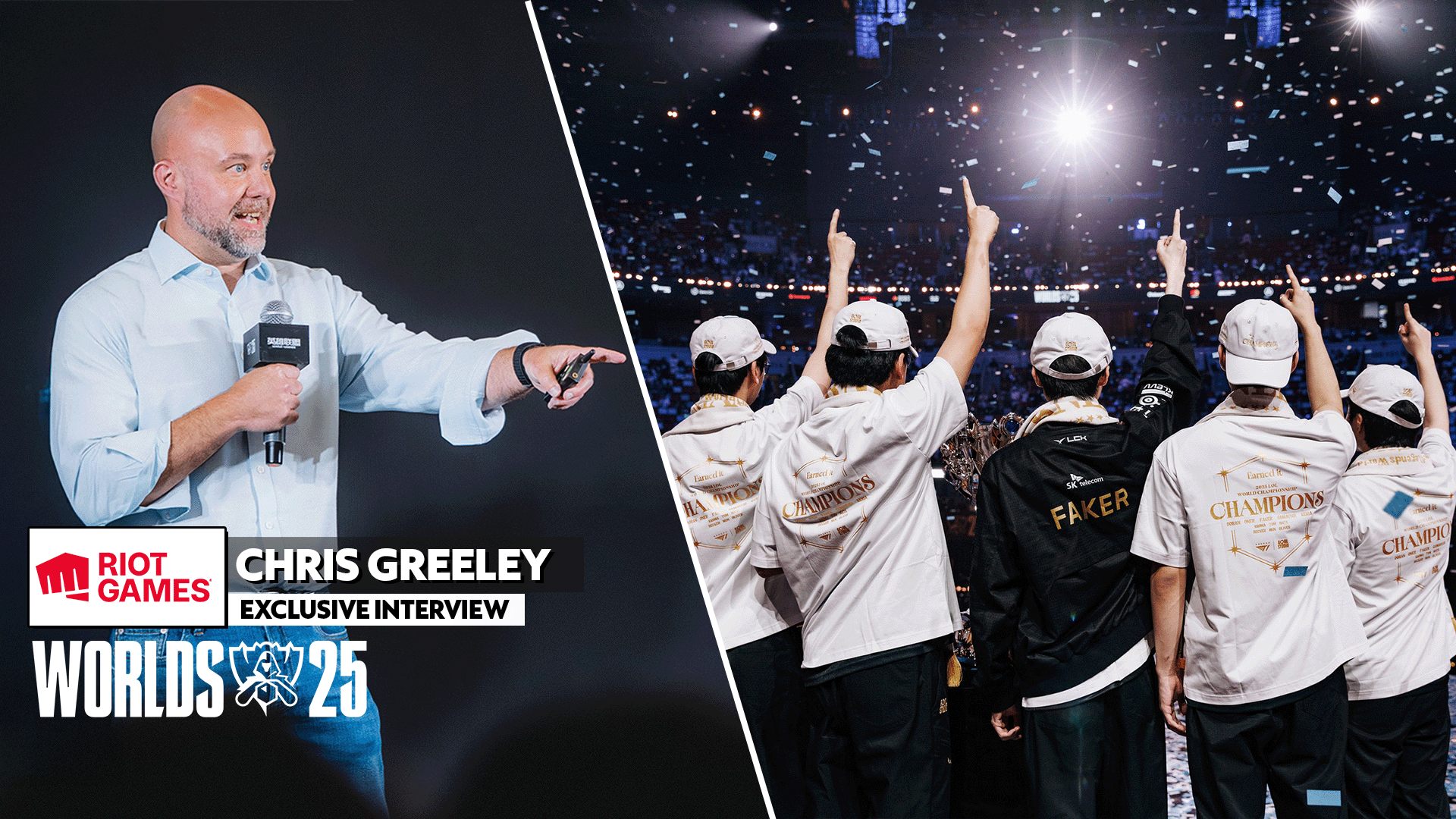
Published: Sep 12, 2016 01:39 pm